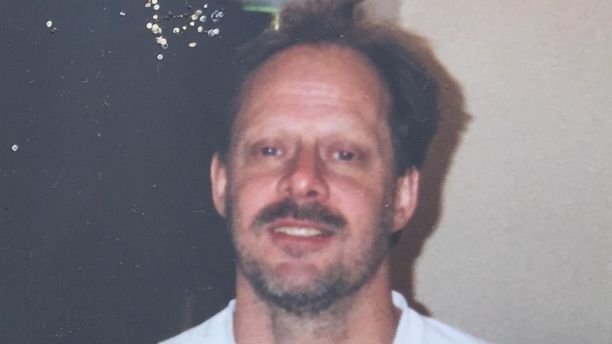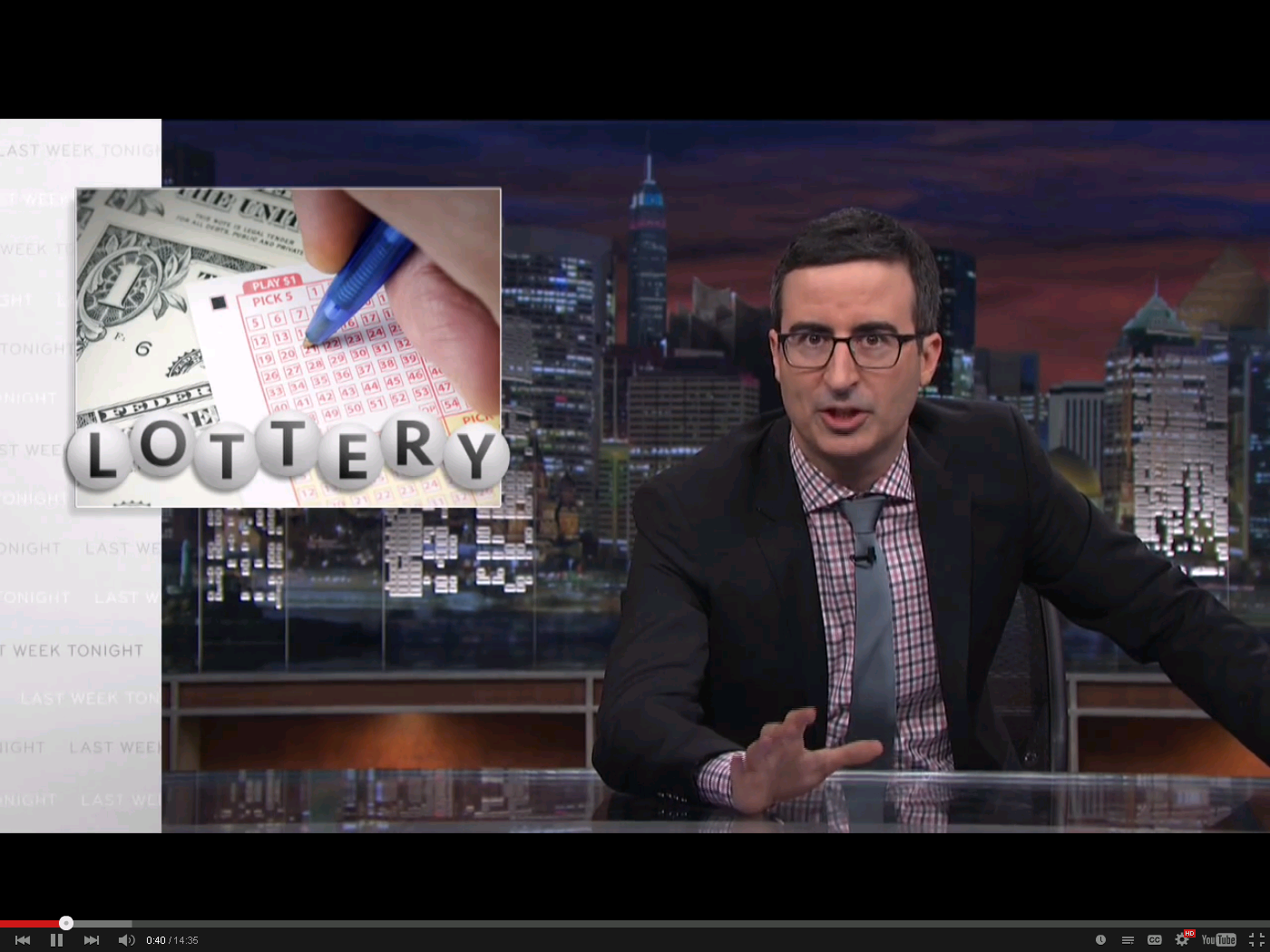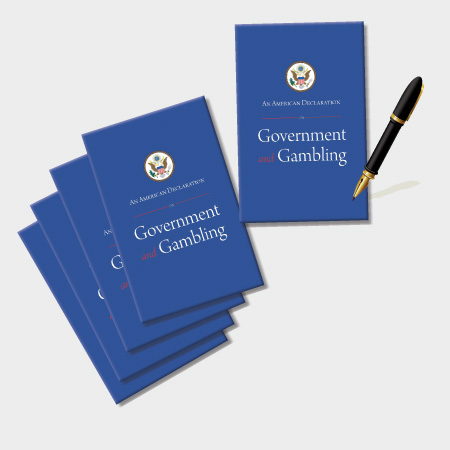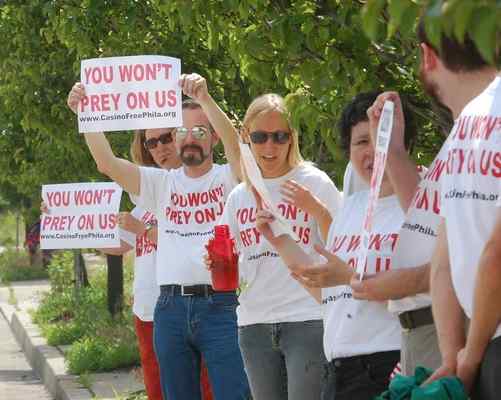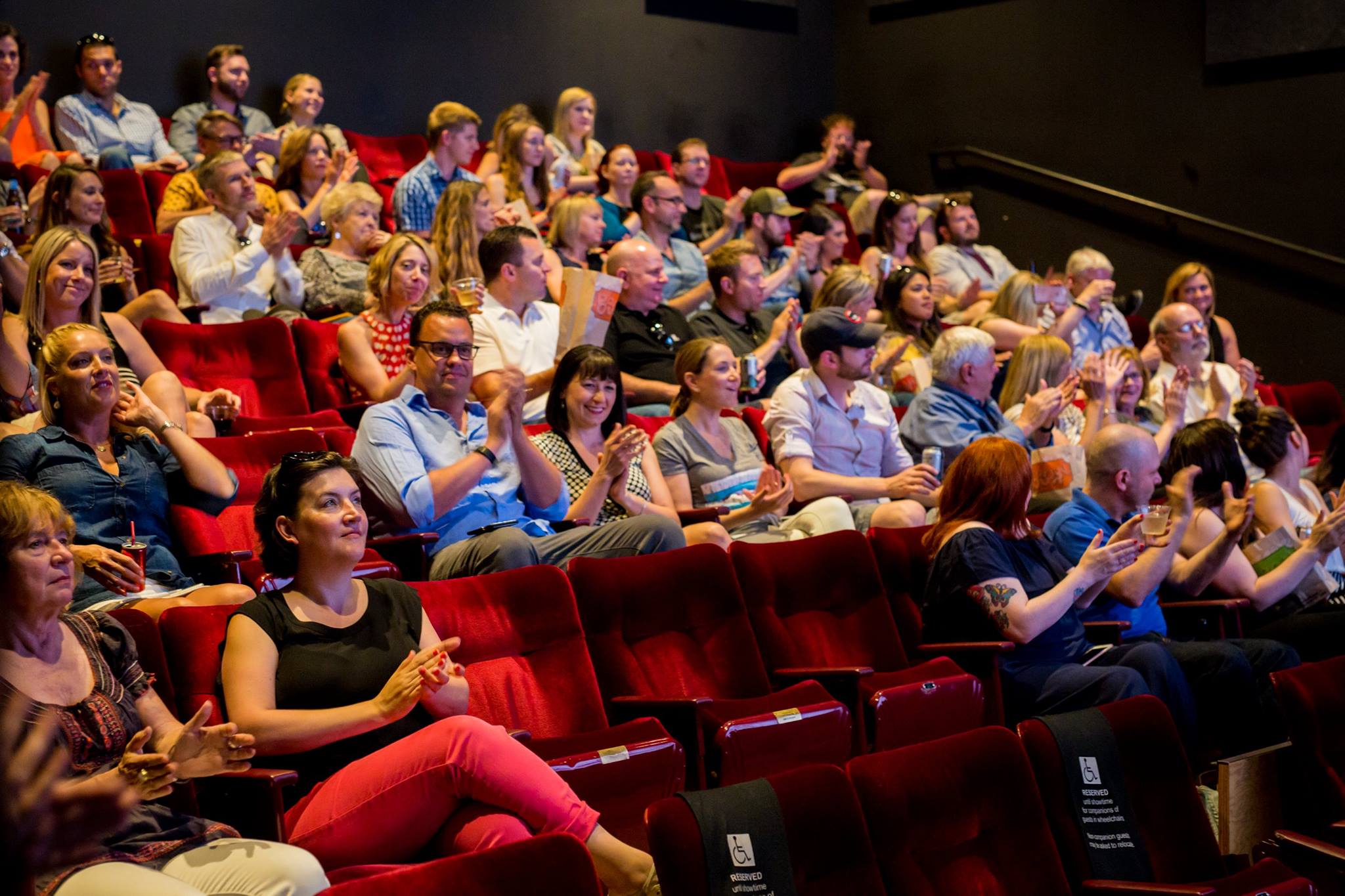The following was written by an addicted gambler who asked to remain anonymous. It was received by Stop Predatory Gambling on October 5, 2017:
Here is profile of Mr. Stephen Paddock provided by a fellow problem gambler. I am not a psychologist or addiction specialist, but I have suffered this addiction for many years and have spoken in confidence with many others having this affliction.
While I certainly cannot justify Mr. Paddock’s actions (they were horrible and misdirected), I do understand his anger and rage. Because of this internal rage, I refuse to own a gun or other deadly weapon, but I have fantasized about exacting revenge against those who exploit my weakness for their personal gain. (My fantasy involves their criminal imprisonment and brutal justice from fellow inmates.) Intellectually, I know I have to be responsible for being a gambling addict, but that doesn’t mean that emotionally I don’t also want to punish my pusher.
Mr. Paddock’s rage was directed against many innocent people. In particular, his choice of specific targets clearly illustrates irrational behavior. Why should that surprise anyone? Continued gambling for the problem gambler is not a rational act. Problem gambling is not about monetary gain. It’s to either emotionally escape personal issues or to initiate a dopamine high in the gambler’s brain.
Most problem gamblers know they will lose in the long run. I have a technical background and can explain mathematically why continued gambling means that I might as well write a check to the casinos equal to total long term amount bet multiplied by the percentage house advantage. In the long term, the statistical variance will shrink to zero from the house advantage percentage, meaning there is no gamble at all, only a contribution which can be easily calculated.
So why do we continue to gamble? Whether we realize it or not, many of us do it for the rush (the release of dopamine across the brain’s synapses) similar to that experienced by cocaine users. It’s brain chemistry, like falling in love. Problem gamblers can stay on a casino floor for 24 to 36 hours, without needing sleep or becoming hungry. Compare those feelings to that of a love-struck teenager who can’t eat or sleep.
After awhile on a binge, the brain’s temporary storage of dopamine is depleted and many problem gamblers continue to gamble desperately trying to unconsciously squeeze out the last bit of dopamine to avoid the depression and eventual crash. They may enter a disassociate state, where nothing else matters except continuing to gamble.
Long term, I believe the problem gambler’s brain chemistry and neural network change in fundamental ways. Gambling abstinence for long periods of time can help heal the mind and help restore normal dopamine levels and neural circuitry in the brain. However, neural paths associated with prior gambling activity remain, and these pleasurable memories lead to urges, which if not consciously fought (not an easy task), lead to relapse. The continuation of gambling reinforces the addictive neural paths and dopamine releases, creating a positive feedback situation. Urges create gambling activity, which in turn increases the frequency and intensity of the urges to gamble. It’s a vicious cycle.
A lot of people gamble in this country, but not many of these folks commit mass murder. So how do we explain Mr. Paddocks actions?
Many problem gamblers exhibit a Jekyll and Hyde persona, as they oscillate between their rational and emotional / addictive states. For example, except for gambling, I am a tightwad. I shop at the dollar store and garage sales, never eat out (except off a fast food dollar menu) and refuse to go the doctor or dentist. Yet, I’ll spend hundreds in a casino in a given evening, gambling until every last dollar is gone.
Much has been made about Mr. Paddock’s supposed wealth, despite his huge wagers. He might not yet be financially strapped, but when he is “sober” (out of action and off the immediate dopamine rush), the rational portion of his mind sees the huge monetary losses and he is angry at himself and at the casinos, whom his rational mind blames for exploiting his weakness.
At the same time, the emotional part of Mr. Paddock’s brain is trying to make a semi-rational argument to delude himself into continuing his addictive behavior. Hence, Mr. Paddock refers to himself as a “professional gambler,” even though he plays video poker. Real professional gamblers don’t consistently win against casino owned gambling devices. They beat other, nonprofessional, gamblers in live poker games.
Not only has Mr. Paddock deluded himself, the Dr. Jekyll portion of his personality has been able to fool his family and has been apparently able to successfully speculate in real estate. However, even his closest brother in Orlando FL seems to know little about Stephen’s life. Other brothers have little or no contact with him. His closest relationship seems to be with Marilou Danley, a high roller casino hostess. It seems reasonable that their relationship began as a result of her role as a casino hostess.
For quite some time, Mr. Paddock has been deluding himself about the impact of problem gambling on his life. This includes not only monetary losses, but also loss of personal and social contacts outside of gambling. Superficially, Mr. Paddock could appear quite normal and friendly with neighbors. During short encounters (remember he doesn’t have close friends other than Marilou and other gambling acquaintances) the addiction and the resulting personality flaws remain hidden.
What happened in the past year to make Stephen Paddock stockpile weapons and become a mass murderer? Mr. Paddock retired, reducing outside responsibilities and giving him more time to gamble. Mr. Paddock moved to Nevada, giving him greater access to casino gambling. These facts, coupled with the progressive nature of the disease, compounded his gambling problem significantly.
As the losses mounted (even though he may not have been financially strapped yet), the rational part of Mr. Paddock’s mind became angry at his loss of control. After all, he was a “professional gambler” and a successful real estate speculator (a form of gambling). He was smarter than this.
Yet the loss of control continued. He may have begun to blame the manipulation of the casinos, perhaps rightfully so. Reports say that Caesars awarded him their highest loyalty card rating, for only the highest rollers. I know from outside research that Harrahs (now Caesars) segments gamblers into literally 75 different customer segments to characterize their gambling habits and to lure them back to the casino. The casino industry calls it “relationship management.” I call it, and their reward program, psychological manipulation.
Perhaps, Mr. Paddock began thinking that the casinos were cheating him.
It is my speculation, that a part of Mr. Paddock’s mind finally came to the realization that his gambling was out of control and that he could not stop. He lost all hope and saw no way out. Perhaps he had lost earlier personal relationships and was in danger of losing his last remaining one, Marilou Danley. Perhaps he came to suspect that his relationship with Danley was false. Supposedly, Starbucks personnel overheard Paddock telling her that he had bought her coffee like he had bought her.
In the end, I believe that Mr. Paddock believed that the casinos had ruined his life and he wanted revenge. The gun purchases and the planning were done as his mind was in a diseased, but semi-rational state. I speculate that the actual shooting was done in a manic state, shortly after a period of intense gambling.
A horrible and tragic event was made even more tragic by the death and injury of innocents who had nothing to do with the casino industry that Paddock wanted revenge on. I suspect that, in his sick mind, Paddock was willing to sacrifice innocents to get back at the casinos. However, perhaps the concert audience represented Las Vegas to Paddock, and his rage extended to the entire city.
This is just speculation on my part. I do not justify or condone what Mr. Paddock did. Most problem gamblers would never consider doing what Mr. Paddock did. However, many problem gamblers have a lot of rage, most of it self directed. Gambling addicts have a significantly higher suicide rate than alcoholics and drug addicts.
The American Gaming Association, the national casino lobby, would have you believe that problem gamblers are only a tiny portion of the population, and that the rest of the population can gamble safely as entertainment. Well, please keep this in mind. Casinos in the United States had a net income of approximately $70 BILLION in 2015. On a per capita basis of adults, that’s very expensive

